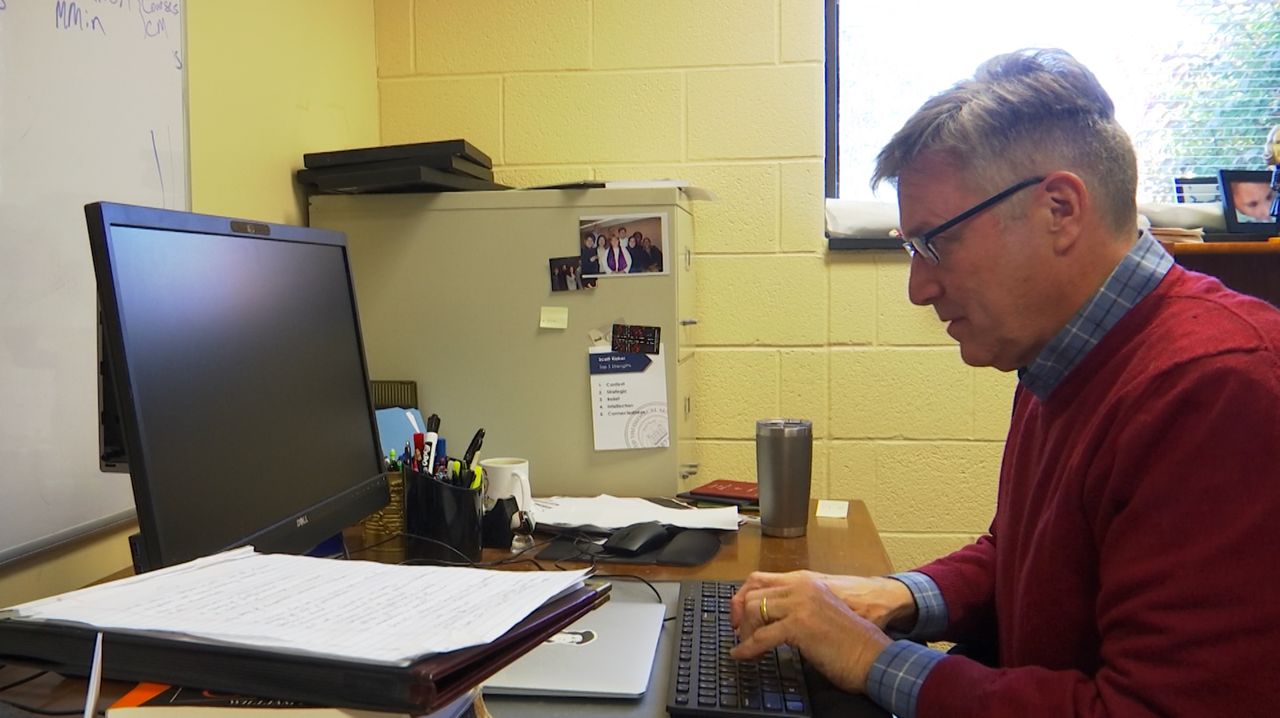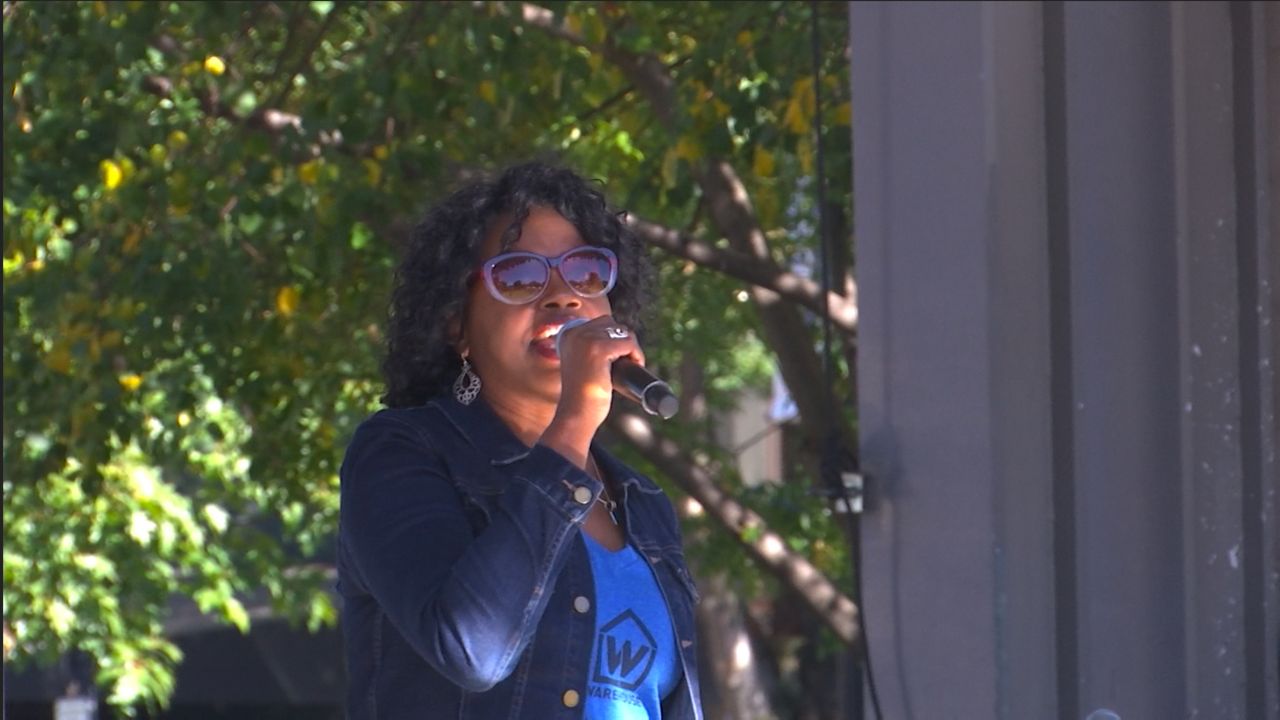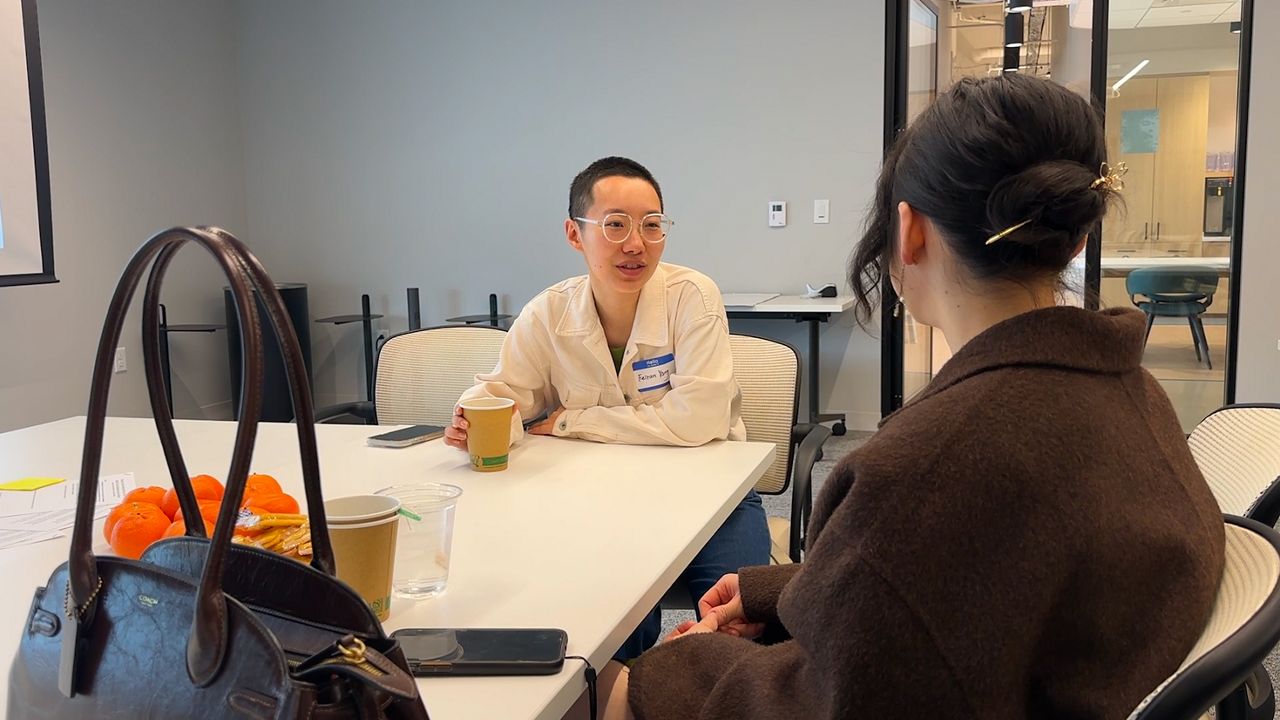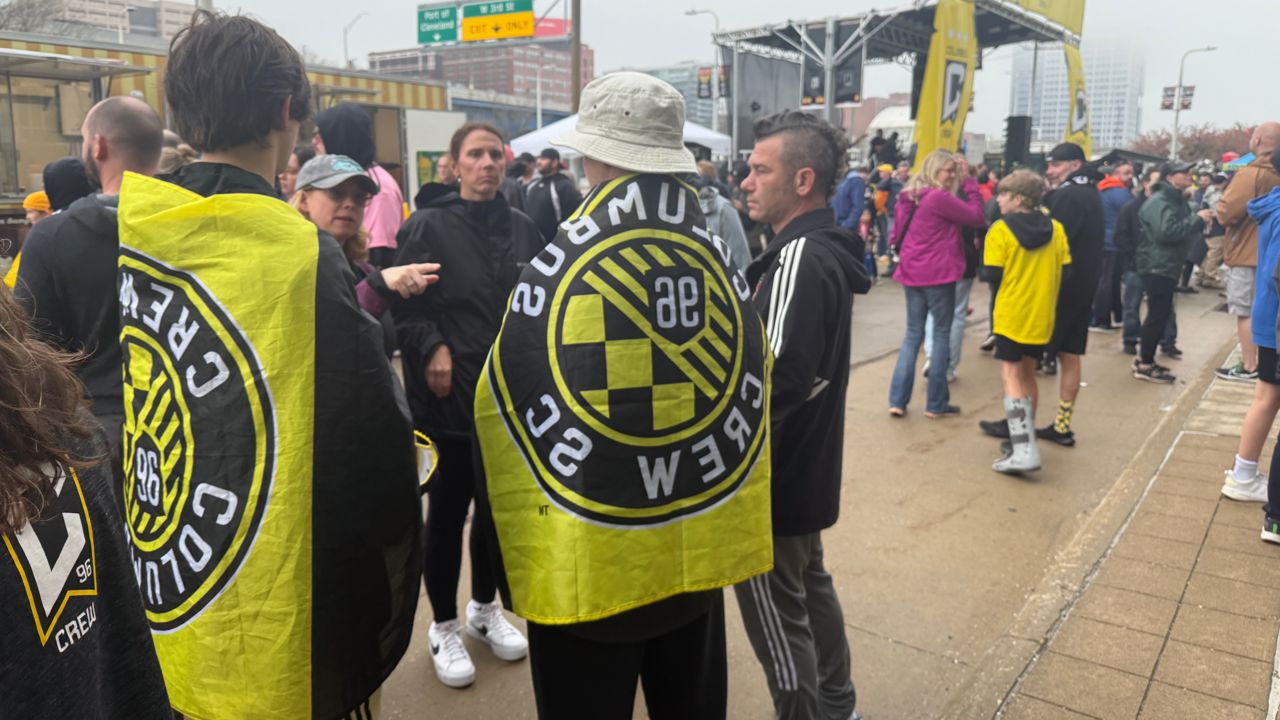CINCINNATI — A circus performance, a petting zoo and a cookout aren’t the usual trappings of a Sunday service at the Warehouse Church.
But for senior pastors Sadell and Sherman Bradley the monthly events in Washington Square Park demonstrate everything they want their ministry to accomplish.
They get to introduce the church to its neighbors, offer an opportunity to give back through food and fun and, most importantly, the events create an environment where the Bradleys can build a church community, something that’s been difficult to do since the pandemic.
What You Need To Know
- 42% of pastors have considered quitting in the past year
- Lower church attendance, division and isolation are contributing to burnout
- Newer pastors like the Bradleys are hoping increased community outreach will help prevent burnout
- Educators are advocating for pastors to build support systems
The Warehouse Church was set to open its doors in April 2020, but the COVID-19 pandemic forced the church to delay its introduction and find another way to connect to potential parishioners.
“Really, we kind of launched technologically first,” Sadell said. “Then in June of last year, we started in person once the pandemic started to go down.”

Sadell said it was a time of high anxiety for everyone. Churchgoers were stuck at home, families were losing loved ones and hosting funerals over zoom and pastors who would typically provide spiritual comfort were growing overwhelmed and isolated.
“It has revealed that we as the world have been unready for this kind of mental anxiety and stress,” she said.
Nationwide, the impact on religious institutions has been clear. According to Pew Research, only about two-thirds of churchgoers returned to in-person services as of March 2022 and about 12% of regular churchgoers stopped attending even virtually.
As for their pastors, research from the Barna Group shows they’re growing disillusioned as well, with 42% reporting they seriously considered quitting over the past year, a 13% rise from January 2021.
Scott Kisker, a professor at United Theological Seminary and a decades-long Methodist minister, said he believes some of the issues behind this rise in pastor burnout have been a long time coming but the pandemic served as an accelerant.
“We were all suddenly called to do things which we were never trained to do,” he said.
Pastors had to adapt to new technology, change the way they reached out to their parishioners and, after a year or more of speaking to a screen, he said many felt as if they weren’t getting much back, especially for those who saw a much smaller congregation return.
“You can start to doubt yourself,” Kisker said. “You wonder if there was something you could have done better to make them stay.”
Then there was the growing division, among racial groups, political factions and even within many mainline Christian churches themselves, including his denomination.

“We wanted to preach the word of God,” Kisker said. “We wanted to baptize people. We wanted to perform the eucharist and feed people with Jesus. We didn’t want to engage in conflict.”
As a professor, a church historian and a longtime pastor, however, Kisker said he’s chosen to keep the faith and work to help others navigate the changing face of the church. He believes it's important for everyone, especially pastors and seminary students, understand that they and their church leaders are just as human as their congregations and should never stop looking for support.
“That’s what will enable these students to also endure and persevere and thrive and be fruitful as they seek to spread the gospel of Jesus Christ,” he said.

Sadell Bradley has been taking those lessons to heart. She hopes to graduate soon from United Theological Seminary with a Master's of Divinity.
“I think we need more pastors at this time,” she said. “We need more people who will care for people. “
As she works to get her church off the ground, she hopes the community will help keep the congregation together and also help sustain her soul.
“This is the best profession that can ever be,” she said. “It’s one in which people entrust you with the most tender moments of their life.”










